Division Debates Part IV: Seasonal Stuff We Can't Change
Division Debates Part IV: Seasonal Stuff We Can't Change
Alex Goff looks at the age-old college seasonality debate, and what backlash there might be against sevens.
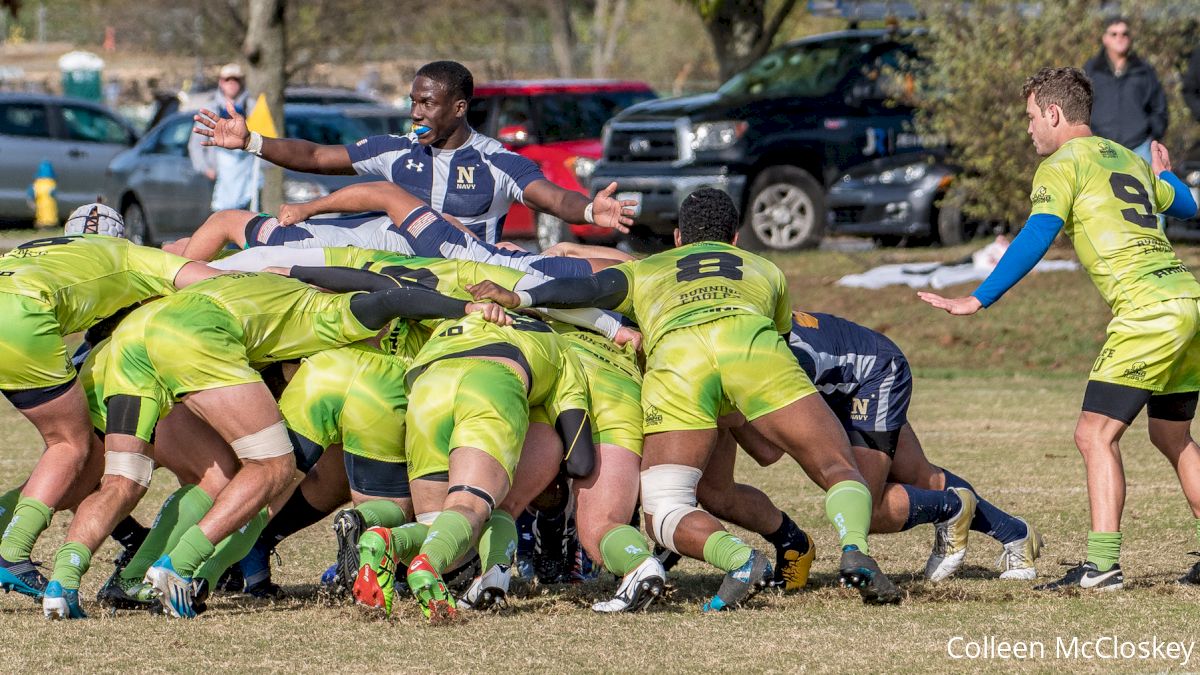
After NBC and United World Sports parted ways on broadcasting the Collegiate Rugby Championship Sevens Invitational, people started speculating that the CRC might be history.
It’s not. It’s expected to take place at Talen Energy Stadium in Philadelphia in June as usual. However, the discussion launched an interesting debate: If there was no major TV deal for college sevens, and even no CRC, would college sevens still be played in the spring?
Would the seasonality debate, which has raged for over 20 years and doesn’t seem to be changing anything soon, contract a little bit or expand even more?
Fun times.
OK, so this final column in my end-of-year series on college divisions is about a topic that has no solution: seasonality. So instead of giving you my solutions, someone else’s solutions, or a path to tranquility, I will instead outline what’s at issue.
Division Debate: Part I, Part II, Part III
Some People Never Change
For many college teams, playing 15s only in the fall makes perfect sense. This includes most of the Big Ten, the Liberty, the MAC, the Chesapeake, and the Rugby East.
But that state of affairs is irrelevant to those in California and Arizona, because they love, love, love, LOVE starting in the winter and moving on to the spring for playoffs.
We’re therefore at a standoff, and I think that’s OK in the end. All together now… it is what it is.
Cooling Your Playoff Heels
The biggest complication in this geographical split of seasons is actually the spring playoffs. While D1AA has now figured this out — produce a fall champion and don’t leave anyone else in limbo — D1A is running into issues.
Let's look at a hypothetical team — we'll call it "Army" — that didn't win its conference in the fall but performed well enough to maybe... maybe... get one of the nine spots available for the non-conference championships. The Black Knights will now have to wait months to find out if the D1A rankings voters think their team is good enough to be in the playoffs.
Meanwhile, Army had to declare itself ready, willing, and able to pitch up for the playoffs and had to make that declaration in October. So you’ve got teams such as Army, Notre Dame College, Navy, and maybe Wisconsin or Ohio State that could be training for a playoff game that never comes to fruition.
And by the way, the D1AA plan isn’t perfect. Mary Washington, the fall champion, will have to wait until May for the all-D1AA final. During that time, the Mothers need games, but everyone nearby is playing sevens…
What About Sevens?
As far as sevens goes, we think there’s going to be a backlash. Already we’re seeing some programs (Saint Mary’s, Cal) cut back their fall sevens efforts. To expect a college team to play sevens for several months in the fall, then switch to 15s, and then switch back to sevens is, for some coaches, too much.
We hear a lot about periodization — finding time for games, training, and recovery — but sevens and 15s can make proper periodization tough. And what about getting some rest time and some time to concentrate on schoolwork?
You wonder if the explosion of college sevens teams around the nation might encounter a rebound and we’ll see fewer tournaments and in a shorter time window. For teams that love to play 15s in the fall, there remains a desire to play some 15s in the spring.
So the purpose of this column is to continue to debate and to point out that nothing’s been solved yet. In some cases we may well never get a consensus. Perhaps we would be best worrying about other things.
Related Content
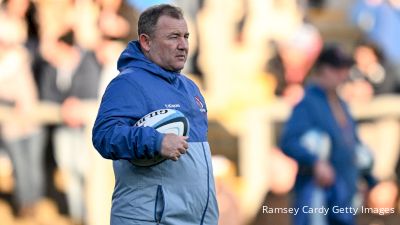 Strong Candidates Emerge For Vacant Ulster Rugby Head Coaching Role
Strong Candidates Emerge For Vacant Ulster Rugby Head Coaching RoleApr 25, 2024
 USA And Saracens Women's Rugby Star Lottie Clapp Previews The PAC4
USA And Saracens Women's Rugby Star Lottie Clapp Previews The PAC4Apr 24, 2024
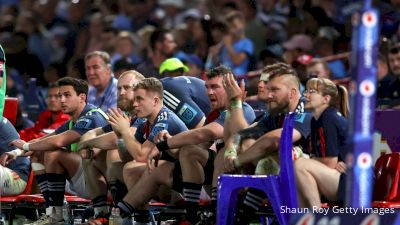 Munster Rugby Chasing Title Winning Momentum Again In South Africa
Munster Rugby Chasing Title Winning Momentum Again In South AfricaApr 24, 2024
 How to Watch: 2024 Queensland Reds vs Blues | Rugby
How to Watch: 2024 Queensland Reds vs Blues | RugbyApr 23, 2024
 BKT United Rugby Championship Round 14 Recap: Table Toppers Toppled
BKT United Rugby Championship Round 14 Recap: Table Toppers ToppledApr 22, 2024
 Replay: Union Bordeaux vs ASM Clermont - 2024 Union Bordeaux vs ASM-Rugby | Apr 21 @ 4 PM
Replay: Union Bordeaux vs ASM Clermont - 2024 Union Bordeaux vs ASM-Rugby | Apr 21 @ 4 PMApr 21, 2024
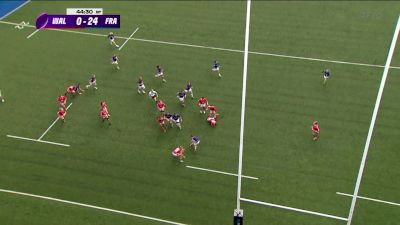 Replay: Wales vs France | Apr 21 @ 2 PM
Replay: Wales vs France | Apr 21 @ 2 PMApr 21, 2024
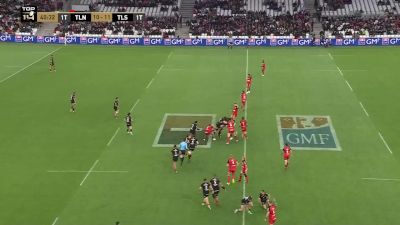 Replay: RC Toulonnais vs Stade Toulousain | Apr 20 @ 7 PM
Replay: RC Toulonnais vs Stade Toulousain | Apr 20 @ 7 PMApr 20, 2024
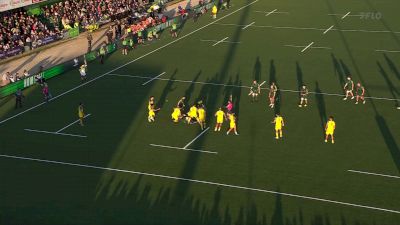 Replay: Connacht vs Zebre Parma | Apr 20 @ 8 PM
Replay: Connacht vs Zebre Parma | Apr 20 @ 8 PMApr 20, 2024